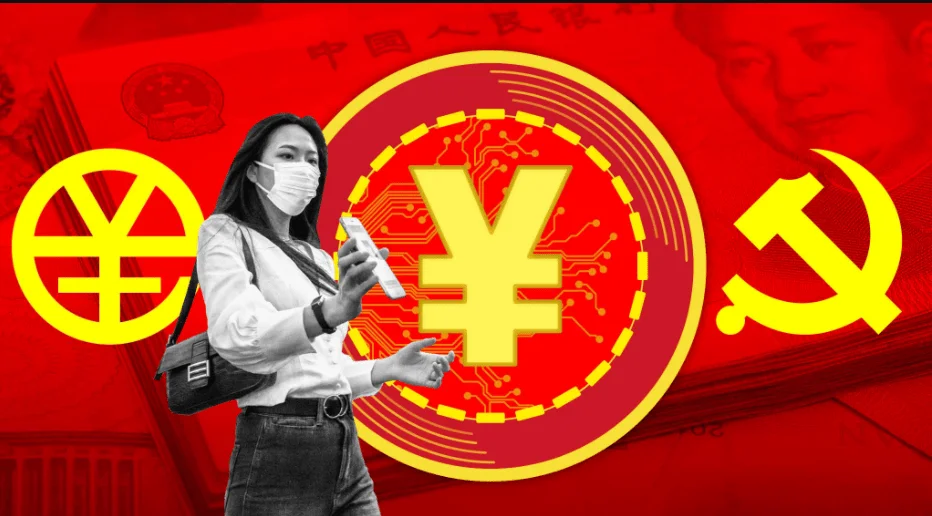One of the executives at the Chinese central bank has expressed concern that the growing adoption of cryptocurrencies such as Bitcoin (BTC) will pose a significant challenge to the traditional banking system.

In spite of local players’ experiments with digital yuan-pegged stablecoins, the People’s Bank of China (PBoC) maintains its anti-crypto position.
In a recent interview with the People’s Bank of China (PBoC), Wen Xinxiang, director of the payment and settlement department, stated his concerns about the growing popularity of cryptocurrencies and fiat-pegged stablecoins in China.
Wen, speaking at a payment and settlement seminar on September 24 in Shanghai, underlined the key hazards involved with the cryptocurrency sector, noting that Bitcoin’s market value has now surpassed $800 billion and the whole stablecoin market cap has surpassed $120 billion.
As stated by the official, one of the most significant issues facing the cryptocurrency business is the fact that the industry is capable of operating independently of the traditional payment system, which is supported by commercial banks and payment institutions.
Bitcoin and other cryptocurrencies, according to Wen, present problems for banks’ payment services by diminishing their ability to compete with clearing businesses.
According to Wen, the supposed privacy provided by cryptocurrency transactions make it an enticing instrument for conducting criminal operations such as money laundering. He calls for more measures to ensure that the existing banking system can compete with cryptocurrency:
“The challenge of virtual currency is huge. When the traditional financial system responds to the competition in the financial industry from big tech companies, it can also rely on traditional methods such as law and supervision to increase anti-monopoly efforts and strengthen personal privacy and information protection.”
Wen’s comments serve to reaffirm the Chinese government’s anti-crypto stance, which has been reinforced by the government’s continued crackdown on cryptocurrency trading and mining this year, with local authorities shutting down multiple mining farms and suspending cryptocurrency trading transactions.
In July, the People’s Bank of China’s deputy governor Fan Yifei raised concern about stablecoins, claiming that the rate of development in the private payments system was “alarming.”
Some local players are experimenting with stablecoins that are pegged to China’s central bank’s digital currency, the digital yuan, despite the Chinese government’s skepticism about the concept of stablecoins.
